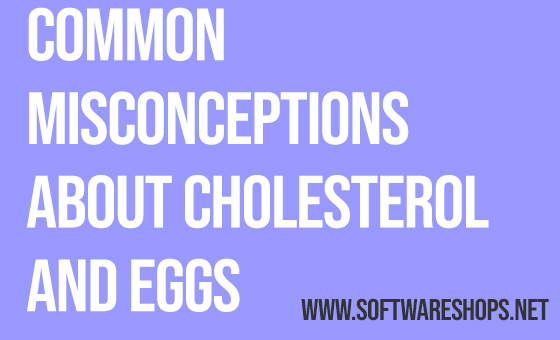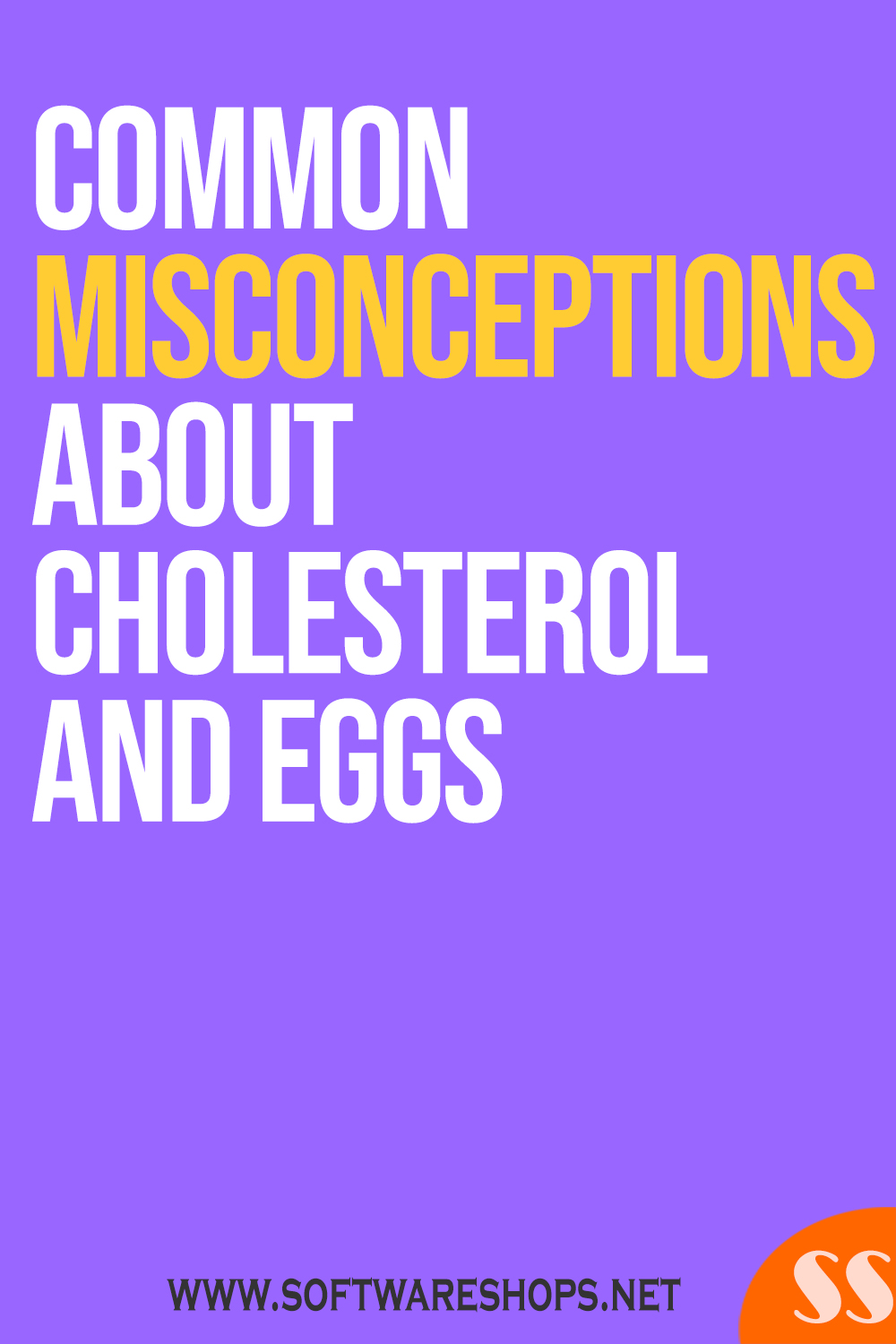CHOLESTEROL AND EGGS
Are Eggs Bad For You If You Have High Cholesterol?
Commonly eggs have been considered for a long time more of a health risk than a healthy food. People have been enjoying and nourishing themselves with eggs, since the domestication of the chicken. Eggs are classified as “super-foods” However, eggs are defamed due to the presence of high cholesterol levels in the yolks.
People believed that consumption of dietary cholesterol would raise cholesterol in the blood and contribute to heart disease. Does eating eggs really affect your blood cholesterol? Moreover, how many eggs should you eat? Let us clarify our doubts about cholesterol and eggs.
Are you afraid of eating eggs? Don’t be! They are the perfect source of proteins, which provide the essential nutrients needed by the brain and the body to function properly. One of the simplest and most nutritious foods, eggs, is defamed due to high cholesterol levels.
However, eggs have got a bad reputation because the yolks are high in cholesterol. People believed that if you ate cholesterol, that it would raise cholesterol in the blood and contribute to heart disease.
NUTRITIONAL VALUE OF EGG
Whole eggs containing a little bit of almost every nutrient we need and are among the most nutritious foods on the planet. The nutritive value of a whole egg can be ascertained from the fact that it contains all the nutrients required to turn a single cell into a baby chicken.
Thus eggs are nearly the perfect diet, containing a little bit of almost every nutrient of human need. A whole egg contains 11 vitamins and minerals along with high-quality protein and healthy fats like omega-3s. Despite of all these nutrients, eggs are controversial because of their cholesterol levels.
NUTRITIONAL VALUE OF EGG
UNDERSTANDING CHOLESTEROL
Cholesterol is a fat-soluble essential substance present in every cell of your body. It plays a vital role in our body like
Ø Make steroid hormones such as testosterone, estrogen, and cortisol,
Ø Production of vitamin D,
Ø Aiding fat digestion and absorption of vitamins,
Ø Boosting the immune system,
Ø Creating cell membrane,
Ø Improving brain function.
There are two major types of lipoproteins that carry cholesterol in our body
1. Low-density lipoprotein (LDL) called as bad cholesterol, and
2. High-density lipoprotein (HDL) is good cholesterol.
Both of these lipoproteins carry different fat molecules in the body. However, LDL particles can carry cholesterol into artery walls, contribute to fatty plaque build-up in the arterial wall, and increase the chance of heart disease or stroke. Healthy HDL particles play the role of scavengers by removing this cholesterol build-up from arteries back to the liver.
It is a matter of fact that eggs are high in cholesterol, but eating eggs do not show significant adverse effects on blood cholesterol in the majority of people. As per the U.S. Department of Agriculture, a large size chicken egg contains about 186 milligrams (mg) of cholesterol, almost entirely in the yolk and this is more than half of the recommended daily intake of 300 mg.
However, it is important to know that, cholesterol consumed through diet does not necessarily raise the cholesterol levels in the blood. Every day our liver produces a large amount of cholesterol. When we eat more eggs (dietary cholesterol), our biofeedback mechanism instructs the liver to produces less cholesterol, so that it evens out.
The level of cholesterol in the blood with egg consumption varies from individual to individual. Consumption of eggs does not raise cholesterol at all in 70% of people. However, eggs can mildly raise Total and LDL cholesterol in the other 30% (termed “hyper responders”). Research published in the JournalFood Chemistry (2011) suggests regular egg consumption may reduce the chance of cancer and cardiovascular disease due to the presence of high levels of antioxidants in eggs.
Eggs Raise HDL (the “Good” Cholesterol):
Consistent, egg consumption leads to elevated levels of HDL. A study found that the HDL levels in the blood increased by 10% by eating 2 eggs per day for 6 weeks. Higher levels of “Good” Cholesterol (HDL) lower the risk of heart disease, stroke, and various health problems. Eggs Turn Small, Dense LDL Cholesterol to Large LDL:
There is no doubt that having high levels of LDL increases the risk of heart disease by many folds. Based on the particles size, LDL cholesterol is of two types: small, dense LDL particles and large LDL particles.
Research suggests that people who have predominantly small, dense LDL particles have an increased risk of heart disease than those who have mostly large LDL particles. Studies show a change the pattern of LDL particles from small, dense LDL (bad) to Large LDL, in those cases, where mildly raise in LDL cholesterol noticed with consumption of eggs.
HOW MANY EGGS IS IT SAFE TO EAT PER DAY?
CHOLESTEROL AND EGGS
If you are already have high cholesterol level, can you continue to eat your favorite egg recipe?
The answer to this question is Moderation. Patients with high cholesterol may opt to enjoy eggs but in a controlled way.
According to research (2012), published in the journal Current Opinion in Clinical Nutrition and Metabolic Care individuals who consume moderate amounts of eggs observed to have no elevation in cholesterol levels when compared with a group of individuals who entirely cut eggs out of their diets.
] In healthy people – Eating 1 egg daily along with a healthy diet is not likely to have any significant impact on the risk of developing cardiovascular disease. Even eating up to 3 eggs a day is considered to be safe for the majority of the population.
] In diabetic people – If you are diagnosed with diabetes, eating 2 or 3 eggs per day likely to increase the risk to develop heart disease. Diabetes has a negative impact on heart disease; therefore avoid eating more than 1 egg per day if you have high blood sugar.
TIPS FOR COOKING EGGS
Cooking Egg
Eggs are cheap, easy to cook, go with almost any food and taste awesome. The overall quality of diet is far more important for your healthy heart health than counting the number of eggs you eat each day. Focus on what you eat along with the egg, instead of just linking eggs with the risk of heart disease.
For example, the sodium (salt) contains and if the oils containing trans fats or saturated fats used for frying the eggs. Because it is essential to keep a watchful, eye on what you eat with your eggs in addition to paying attention to the egg themselves.
The effect of eggs on your cholesterol level is minimal in comparison to the effect that eating trans or saturated fats would have along on it. The saturated and trans fat we eat has an immense influence on our blood cholesterol levels.
When you want to eat fried your egg, never fry it in a heavy fat like bacon grease, butter, or margarine, this raises the saturated fat level and makes it unhealthy. Use healthy oils like olive oil, cooking spray, or even a tiny bit of water during frying eggs. A hard boil egg is much safer as there is no added cholesterol or fat. Moderation is the key; do not start piling on the three-egg omelet.
If you are still concerned about your cholesterol or are unsure, whether it is safe for you to consume eggs, consider egg whites or egg-substitute products. Egg white is loaded with protein but without so much cholesterol.
Lifestyle changes can help to reduce cholesterol and keep you off cholesterol-lowering medications. It can also enhance the effect of your medications and improve your quality of life. It is better to take preventive methods to curb cholesterol buildup, and lifestyle changes are perhaps the best way to prevent cardiovascular disease caused due to LDL cholesterol buildup.

